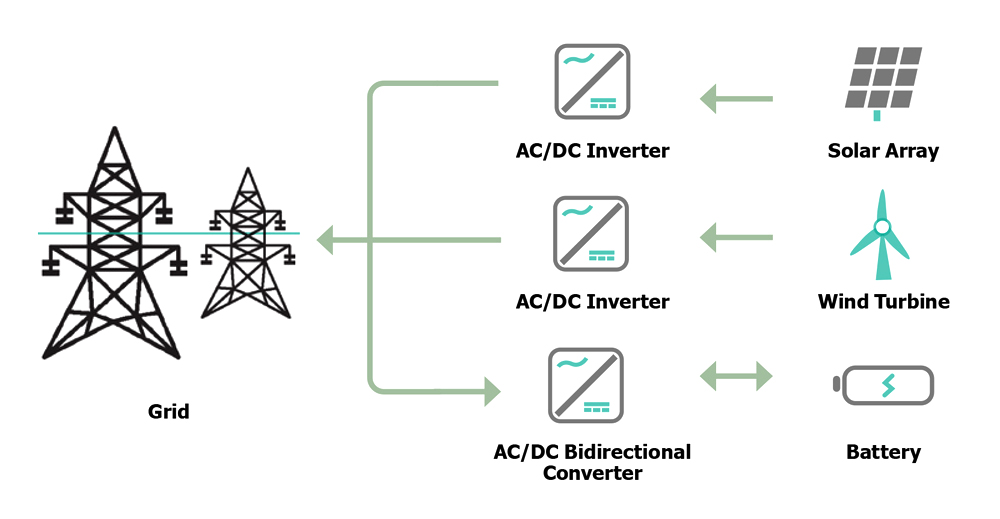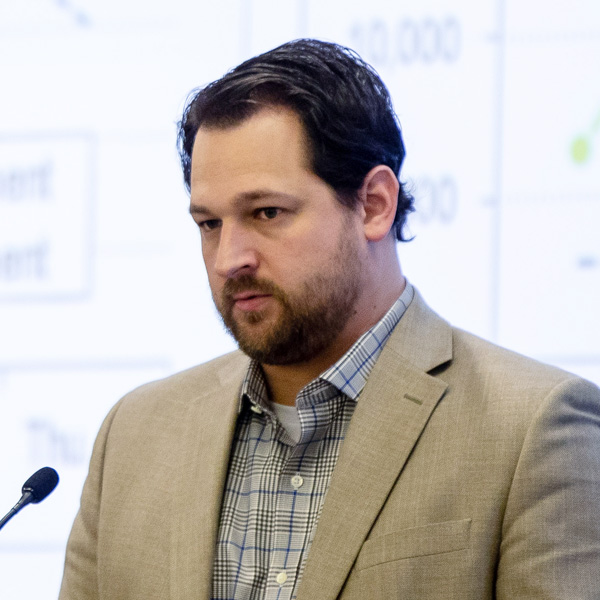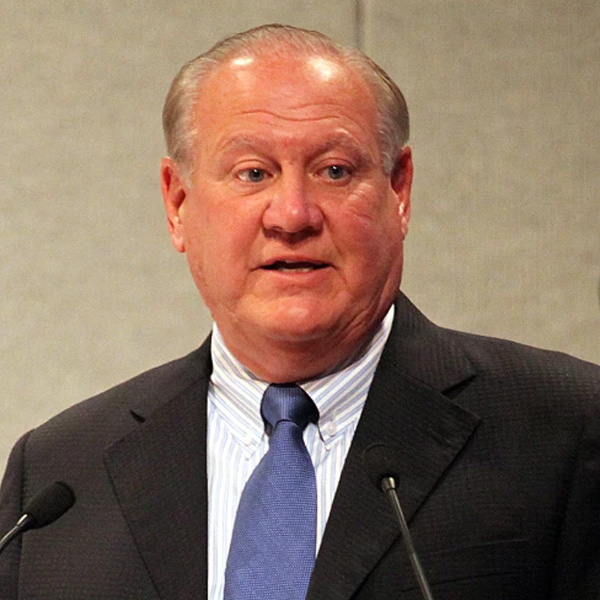Eversource and National Grid have reached agreements with Constellation to keep the Everett Marine Terminal (EMT) open for six more years, pending approval from the Massachusetts Department of Public Utilities (DPU). The gas utilities said the contracts would boost the reliability of their distribution systems and help meet winter gas demand.
Everett, a major LNG import facility located just outside of Boston, faces potential closure with its main customer, the Mystic Generating Station, set to retire this spring.
“These contracts, together with others that we hope to soon finalize, will help ensure the [EMT] continues to serve its vital role in supplying natural gas to the New England region, especially during the coldest winter conditions,” Constellation said via statement.
National Grid estimated its contract would increase customers’ gas bills approximately 1% year over year for the six years, while Eversource said its agreement would amount to “a 5 to 7% increase in the typical residential natural gas heating customer for next winter” (D.P.U. 24-26).
“This six-year agreement is critical in allowing the company to continue to provide gas supply in a safe and reliable manner to customers in the immediate term on peak days through the use of existing gas infrastructure,” National Grid wrote in its pre-filed testimony (D.P.U. 24-25).
The company noted Everett is located downstream of a bottleneck in the gas distribution system, making it “uniquely positioned to support the company’s gas system reliability during the demand seasons and demand days due to both its location and significant sendout capacity.”
Constellation declined to disclose the other companies that remain involved in contract negotiations related to Everett. ISO-NE confirmed with NetZero Insider that it is not involved in the negotiations to keep Everett open. The RTO facilitated a cost-of-service agreement to keep Mystic operating for the winters of 2023/23 and 2023/24, with the costs passed through to electric ratepayers.
The New England Power Generators Association applauded the agreement, writing in a statement that “the long-awaited contracts now being filed by [local distribution companies] ensure that the Mystic power plant shuts down, while a unique fuel resource remains in service to serve heating needs.”
In June, FERC convened a forum that focused on the future of Everett, and the heads of FERC and NERC issued a joint statement in November stressing the importance of the facility to the region’s gas network. (See NE Stakeholders Debate Future of Everett at FERC Winter Gas-Elec Forum and FERC, NERC Leaders Voice Concern About Loss of Everett Marine Terminal.)
Eversource and National Grid wrote that there were no alternatives to meet the reliability and peaking needs. Both companies project their gas demand to increase in the coming years. National Grid projects an 11% increase in gas demand between 2023/24 and 2029/30, while Eversource projects its gas load will increase by nearly 5% between 2023/24 and 2027/28.
The agreement with Constellation will help meet the growing demand, Eversource and National Grid said. The companies emphasized that the agreements would address near-term needs without requiring additional gas infrastructure.
“Incremental pipeline capacity requiring pipeline construction is not a realistic alternative to the company’s immediate reliability needs served by the proposed agreement, which are available to the company without construction of any new infrastructure,” Eversource wrote.
The DPU issued an order in December based on its three-plus-year investigation into the future of gas in the state. The order sets the stage for the state’s long-term transition away from natural gas and discourages additional investment in the gas system. (See Massachusetts Moves to Limit New Gas Infrastructure.)
Throughout the state, regulators and lawmakers hope a series of recently enacted and under-development laws and regulations will begin to turn the tide against growing gas demand. (See Mass. Lawmakers Aiming for an Omnibus Climate Bill in 2024 and Report Outlines Cost Savings of All-electric Buildings in Mass.)
However, both Eversource and National Grid left the door open to longer-term pipeline expansion to address regional gas constraints. In the fall of 2023, Enbridge announced a new project to significantly expand the capacity of its Algonquin gas system, dubbed “Project Maple.” (See Enbridge Announces Project to Increase Northeast Pipeline Capacity.)
Eversource wrote that Project Maple “could be an alternative to the proposed agreement in the long term, but the project would not be in-service until 2029 or later if it were to proceed.”
The company added that “a large-scale expansion to completely replace the EMT functionality does not seem feasible given the current policy initiatives in the state.”
Eversource confirmed to WBUR in January that it submitted a bid for firm service in the “open season” for Project Maple, a required process for Enbridge to assess the demand for the pipeline expansion. National Grid has not said whether it participated in the open season.
The DPU now faces a tight timeline to approve the agreements; the utilities requested that DPU rule by May 1. The Mystic agreement with ISO-NE is set to expire at the end of May, and the utilities’ agreements with Constellation would run from the beginning of June 2024 to the end of May 2030.
“In the event that the company does not receive timely approval of the proposed agreement, either party may terminate the proposed agreement,” Eversource wrote.




